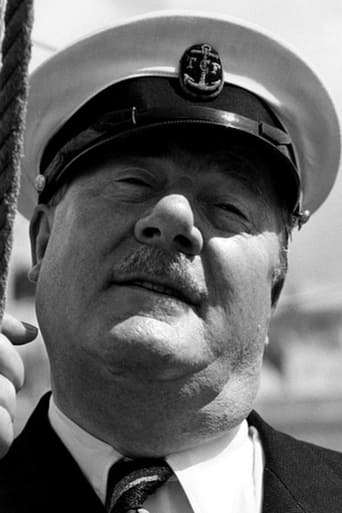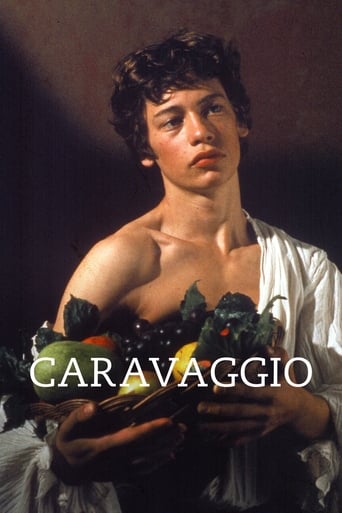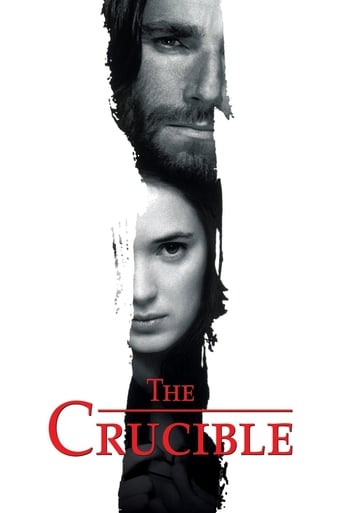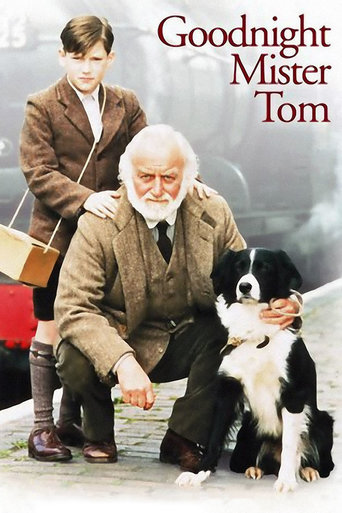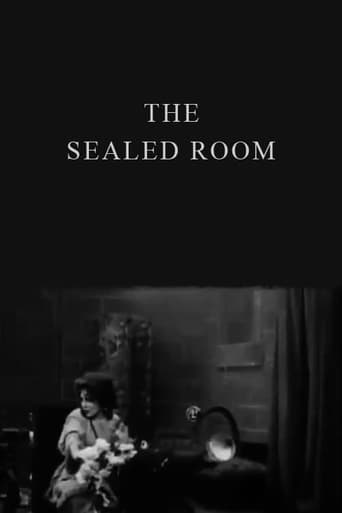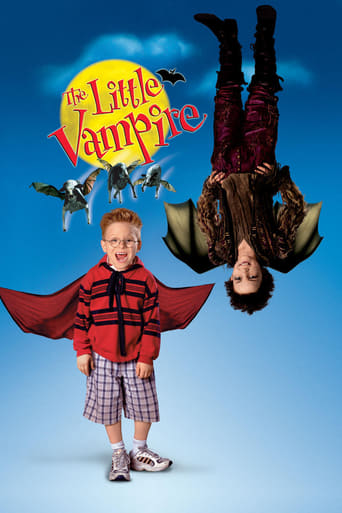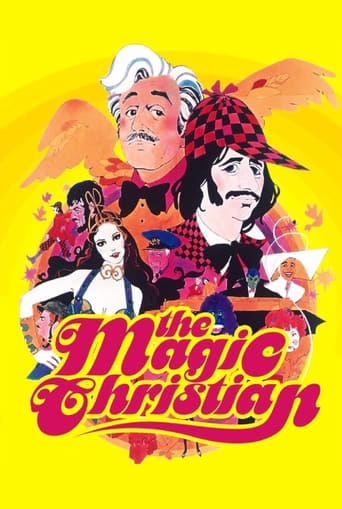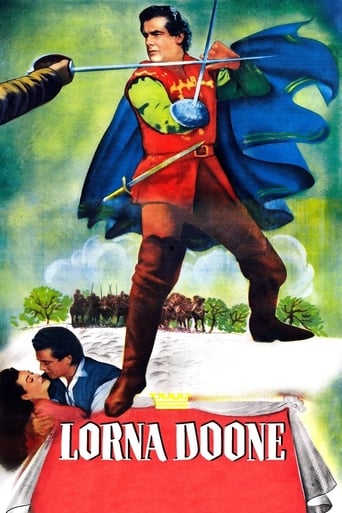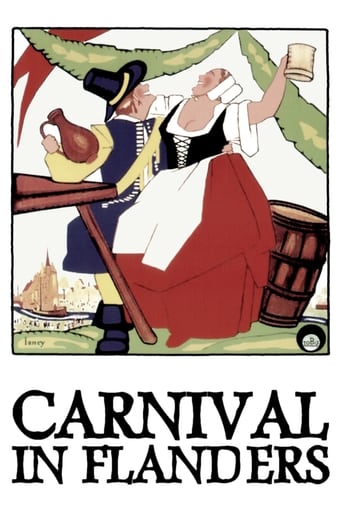
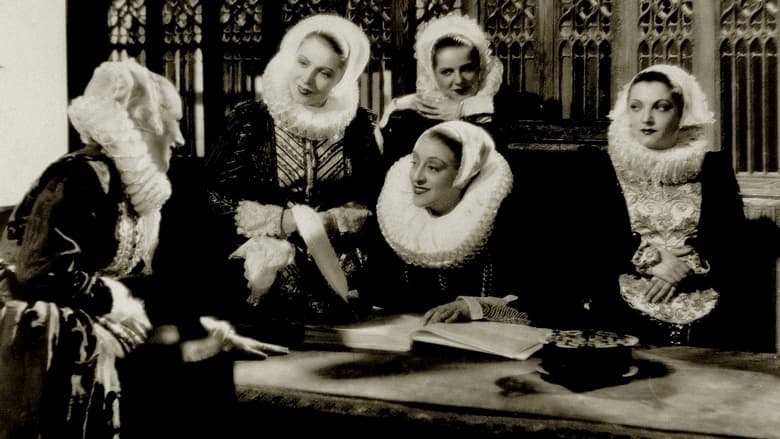
Carnival in Flanders (1935)
Flanders, Hispanic Monarchy, 1616. The inhabitants of the small town of Boom are busy organizing the annual local festivities when the arrival of the Duke of Olivares, who rules the country on behalf of the King Philip III of Spain, is announced. While the male citizens cowardly surrender to panic like rats on a sinking ship, the brave female citizens, led by the bold wife of the burgomaster, decide to become the best hosts the Spaniards can ever meet.
Watch Trailer
Cast


Similar titles
Reviews
The mayor of a small town in Flanders is thrown into panic when he hears that the Spanish are coming to occupy the town. he decides to pretend to be dead, leaving his wife and the other ladies of the town to cope with the Spanish invasion. The mayoress rallies the ladies, and reassures them that they will be more than a march for the Spaniards. This is an enchanting period comedy, full of lovely details of everyday life, and with many hilarious moments as the ladies of Flanders meet the gentlemen of Spain. the charming flirtation that develops between the mayoress and the leader of the Spanish troops is particularly well done. and there's a delightful scene where one of the gentlemen of Flanders and one of the Spaniards find they have a mutual enthusiasm for needlework. An unusual and very amusing film, pure enjoyment from beginning to end.
"Julien Breughel" is called "Jean Brueghel" in other reports of the film. I think that he must be Jan Brueghel the Younger. That real-life painter was the son of Jan Brueghel the Elder. He would have turned 15 in the year the film was set. The Duke mentions Jan's father's painting to Jan.Jan lived in Antwerp at this time, I think. Boom seems to be a Flemish town close to Antwerp.The Dutch (at least in Holland) were neutral and not invaded during the First World War. So erniemunger's comment about Dutch collaboration during that war seems wrong. Belgium was neutral until it was invaded. Perhaps the commenter meant "Flemings" when he said "Dutch" (I know nothing about any such collaboration: I'm not making an accusation).
A classic of French pre-War cinema, Carnival in Flanders by the great Jacques Feyder is the most devious and cruel satire you might ever come across. Set in early 17th-century Flanders, which had previously been under Spanish rule, the story opens with shots of a busy village preparing for the yearly carnival, when the news break that the Spanish Duke Olivares and his troops plan to stay in town. At the prospect of looting and raping militia men, the flabby mayor of the well-to-do provincial nest called Boom volunteers, as he puts it, "to sacrifice" himself: his plan to pretend he has just passed away, thus hoping to convince Olivares to bypass the mourning town, is eagerly adopted by his timorous menfolk. But while the males go about staging the mock funeral, the women, led by the mayor's energetic wife, take over the action and, in turn, decide to "sacrifice" themselves to the soldiers. What follows is a grand tale of sexual libertinage and deception with a "happy end" of sorts where virtually no-one is redeemed. (The original title, La Kermesse héroïque, literally The Heroic Fête, operates in much the same way as Milos Forman's early satirical masterpiece, The Fireman's Ball, 1967, and the parallels are numerous; no doubt Forman had taken a second look at Feyder's Kermesse during his studies.) What immediately strikes one today is Feyder's directness in exposing his characters' human flaws, which is hardly subdued by the general satirical tone. The way adultery, homosexuality and eroticism but also greed, cowardice and deceit are depicted leaves one speechless at times, and certainly wondering how political correctness and all sorts of profit policies and conservatisms have infested modern-day cinema to a point it would no longer dare think to produce anything like this. Not to speak of the 1930s Hollywood counterparts, for which Feyder would have been light years off the mark, proving the point that there was and still is such a thing as the "French cultural exception". Apart from the latent debauchery creeping out into the open from the cozy interiors of a model town, the film also has multiple strings of side puns that keep its pace up at all times from spot-on character studies (the mayor, the artist, the butcher...) to hysterical history sidekicks (using a fork for the first time, Spaniards wondering what "beer" is, impious remarks on Dutch painting...). Most strikingly, it is a hallucinatory mockery of the Dutch and their supposed idiosyncrasies: avarice, Protestant pragmatism, self-righteous "middle-class" rule, bogus worldliness, you name it. This goes to such an extent that it has been repeatedly claimed that Feyder had intended an allegory of the Dutch's collaboration with the German occupier in WWI and from today's perspective, one is tempted to grant it visionary power as well, since substantial parts of the Flamish-speaking population of Belgium were eager supporters of Nazi rule. This assumption makes sense once you've witnessed the cold-blooded irreverence and unmasked sarcasm Feyder uses to unmask his species, which is surpassed only (in literature) by the untouchable Molière. Clearly, all formal issues had to serve this main objective the Vaudeville acting, the picturesque film set, the matter-of-fact filming, and not least the purpose-built dialogues. So, although you should not expect a formidably audacious experiment in film-making, you will be treated a deliciously immoral chamber piece on sexual banter and other not so politically correct behaviour. Released in 1935, it is also a cruel reminder of how conservative the world and its cultural output has become as of late.
"Carnival in Flanders" This a clever, charming film that depicts the womenfolk of a Flemish village winning over Spanish invaders. The mayor's wife rallies the women to use all their power and resources to seduce the Spaniards--and it works! There are some very funny moments involving the vigil for the "deceased" mayor (especially when the court midget blackmails him). Most films about the 17th Century are pretty stodgy, but "Carnival" is delight.I recommend this film.




